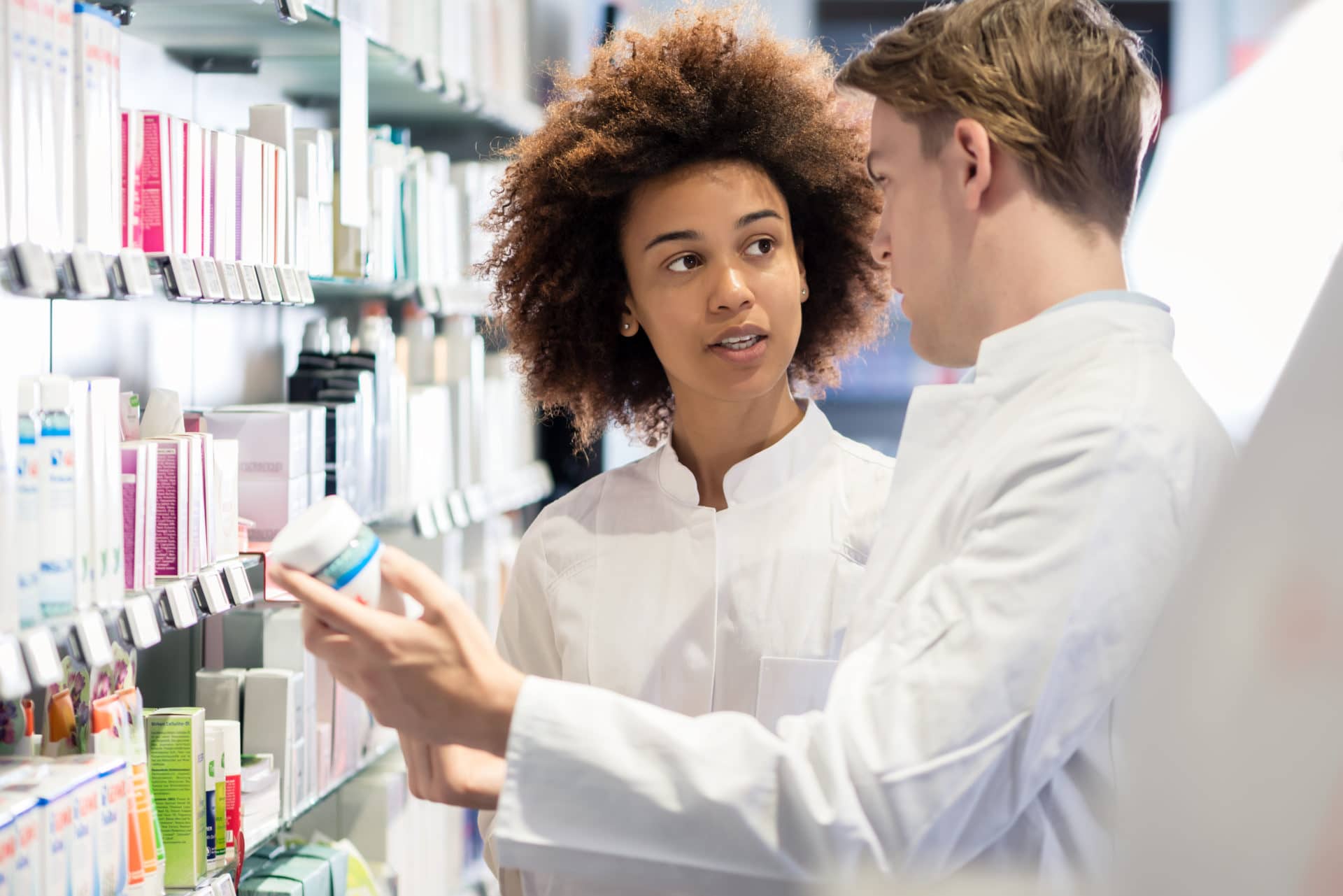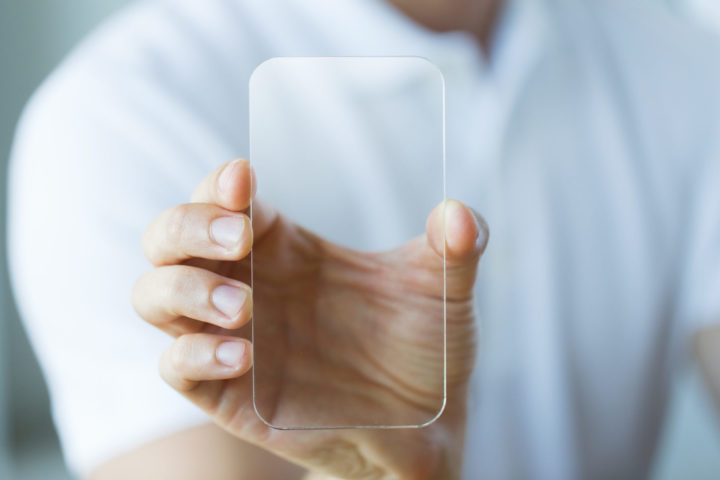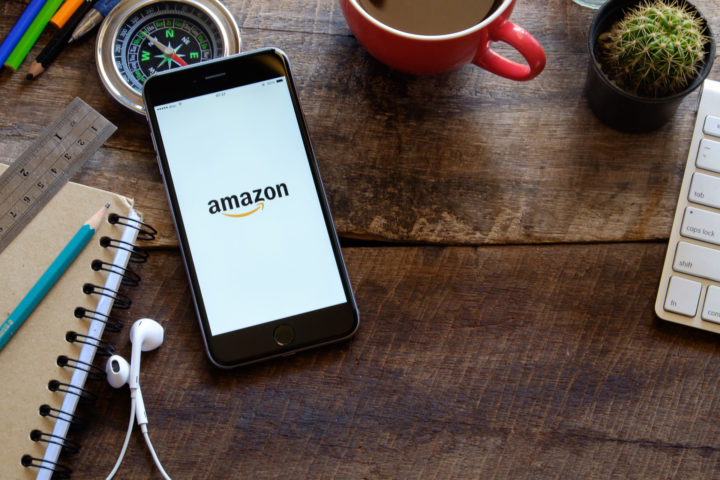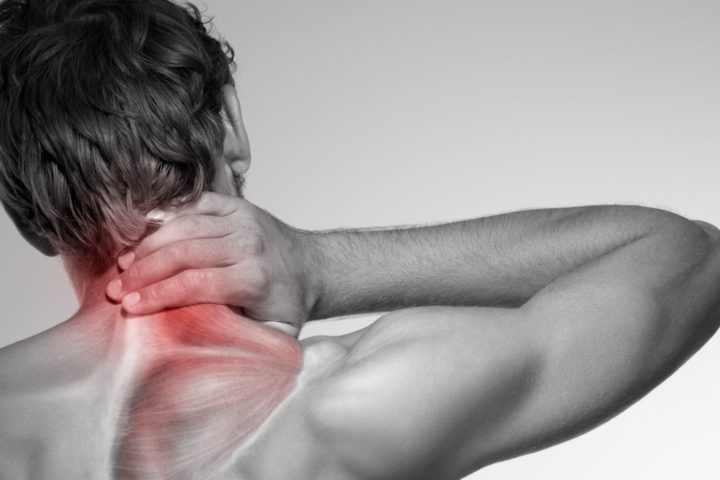The proper dosing of CBD products has proven to be a complex inquiry. At this point in time, there are no set dosing standards or FDA-regulated guidelines for proper CBD dosing. Although everyone would love a “Yellow Brick Road” to guide us to the proverbial CBD “Promised Land”, taking CBD is often an individualized experience born of trial and error. It is important to understand the CBD landscape before plunging in and potentially taking the wrong dosage or even harming yourself.
As a pharmacist with over 27 years helping patients determine optimal medication usage while minimizing potential side effects, I have gained invaluable expertise and knowledge into the CBD industry. I have been privileged to conduct hundreds of one-on-one, in-depth CBD consultations. My patients have expressed their gratitude to finally receive CBD guidance from a healthcare provider they can trust.
Even with my extensive experience with CBD, there is still a frustrating lack of scientific certainty about appropriate dosages. However, I have been so deeply impacted both professionally and personally by the anecdotal evidence that CBD is radically improving patients’ lives. As a result, I feel compelled to use my expertise to help my patients and the customers of Lifegiving Botanicals to find relevant and reliable information they can trust.
In this article, I will share much of the wisdom and insights I have gained from those many consultative interactions. It is my privilege to partner with you to find the most effective dosing and formulation of CBD that will maximize the effects of this incredible new treatment.
How CBD works
When taking any CBD product, you must be aware of how your body responds and monitor the effects that this new therapy is having on you. How you respond will dictate how, when and in what formulation you should take this medication. CBD affects your Endocannabinoid System (ECS), which have receptors found throughout your peripheral and central nervous system. The purpose of this system is to keep you in balance and its effects are wide ranging.
Your ECS has different receptors (CB1 and CB2) that activate the release of neurotransmitters (Anandamide and 2-AG) that help your body maintain a natural homeostasis (balance). Sometimes these chemicals are released in reaction to stress or pain, such as an injury or exercise. For example, the “runners high” most people experience is from these endocannabinoids (term for CBD in our body). CBD does not affect the release of these neurotransmitters, but instead slows down their metabolism. CBD seems to block FAAH which is the enzyme responsible for breaking down Anandamide and 2-AG. The result of this action is an increase in the amount of time your ECS is working.
Because research and studies continue, we lack a blueprint for how and when CBD effects may be felt by an individual. I always recommend starting off with micro-dosing, which is a fancy word to start slow and build up to a regular dosage. This gives your body a chance to adjust to the augmented potency of your ECS that CBD is affecting.
How to dose
I’ll start with the warning that there are no set standards for CBD and how much to take. Eventually the FDA will rule on this and we will have more guidance. In the absence of FDA regulations, I still feel confident in the guidelines I routinely provide to my patients.
Most adults find CBD effective when taking the equivalent of 1-2mg CBD per 10 pounds of weight. Given that equivalency, a 150-pound adult would take 15-30mg CBD per day, or 200-pound adult takes 20mg CBD. These doses can be divided up twice during the day or all at once in the morning. I routinely recommend starting by taking CBD in the morning, regardless of the intended effect of the medication. Sublingual (under the tongue) forms are preferred over capsules or gummies because of increased absorption rates. Some reports show that sublingual dosing doubles the amount of CBD available in your body when compared to capsules or gummies. Oral forms (gummies and capsules) do have the advantage of being absorbed more slowly so an individual may feel the effects longer when compared to an equivalent dose of the sublingual oil.
It is difficult to determine a maximum dosage as we still don’t completely understand all the effects of CBD. Results will vary per person, but CBD does seem to have a wide range of efficacy, meaning doses can vary by quite a bit. Side effects do seem to increase when taking 3-4 times the normal effective dose we discussed earlier.
Side effects
Unfortunately, I will sound like a broken record when it comes to discussing the potential side effects of CBD. At this time, there have been no comprehensive studies about what the adverse reactions of CBD. When counseling patients considering using CBD, I typically point out one or two things to watch for: stomach upset and vivid dreams. If you experience stomach issues after using a CBD product, I recommend lowering the dose, taking CBD on a full stomach and start it in the morning. As for the potential effects of CBD on sleep, be aware of vivid dreams or feeling extra drowsy in the morning. This potential effect on sleep is one of the primary reasons I recommend taking CBD in the morning.
Determining a drug’s half-life is important when making dosing considerations and determining side effects. “Half-life” means how long it takes your body to metabolize and excrete half the medication. The longer the half-life the longer the medication stays in your body and the longer it works. Although there are no set standards on the half-life of CBD, the studies I have reviewed show a large range from 10-12 hours to 3 days depending on the absorption route. Sublingual formulations tend to do the best and most reports have the half-life at the 24-hour mark. Therefore, when you take the medication is less important than how you take it. It is critical that you take CBD on a regular basis for optimal effectiveness. As an aside, you may also use the topical along with the oral for potential added potency.
Conclusion
I’m sure it is disquieting that it seems we know as much about CBD as we don’t know. However, the more I have worked with CBD and helping people get started with this new therapy, the more patterns I’ve seen emerge. Like any homeopathic remedy, CBD does not affect each person the same and not all will feel its effects in a therapeutic manner. Although results may vary, mindset and mindfulness appear to help immensely. So start your CBD slowly, pay attention to your body, and be patient as you embark upon your CBD journey. We at Lifegiving Botanicals are here for you each step of the way.
The views in this document are expressly the opinion of Sean Gale RPh, and are not meant to treat, diagnose, prevent or cure any disease states or medical conditions. Please consult your physician before beginning any CBD therapy. These statements have not been evaluated by the FDA. Buyer is to consume CBD at their own risk. You may contact me directly at [email protected] if you have any questions.



